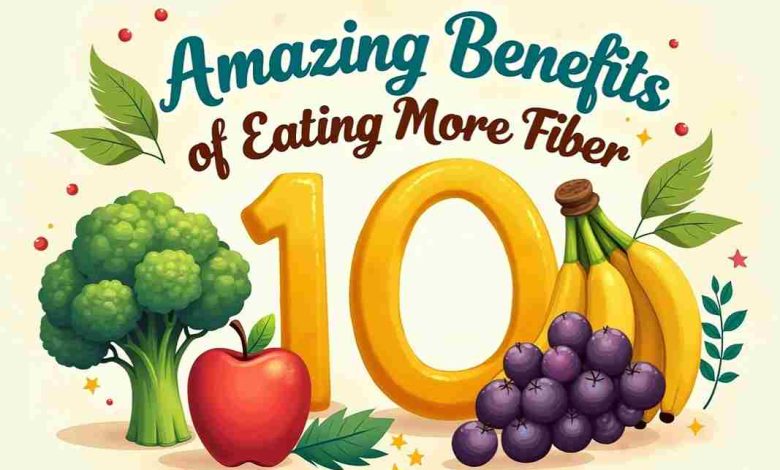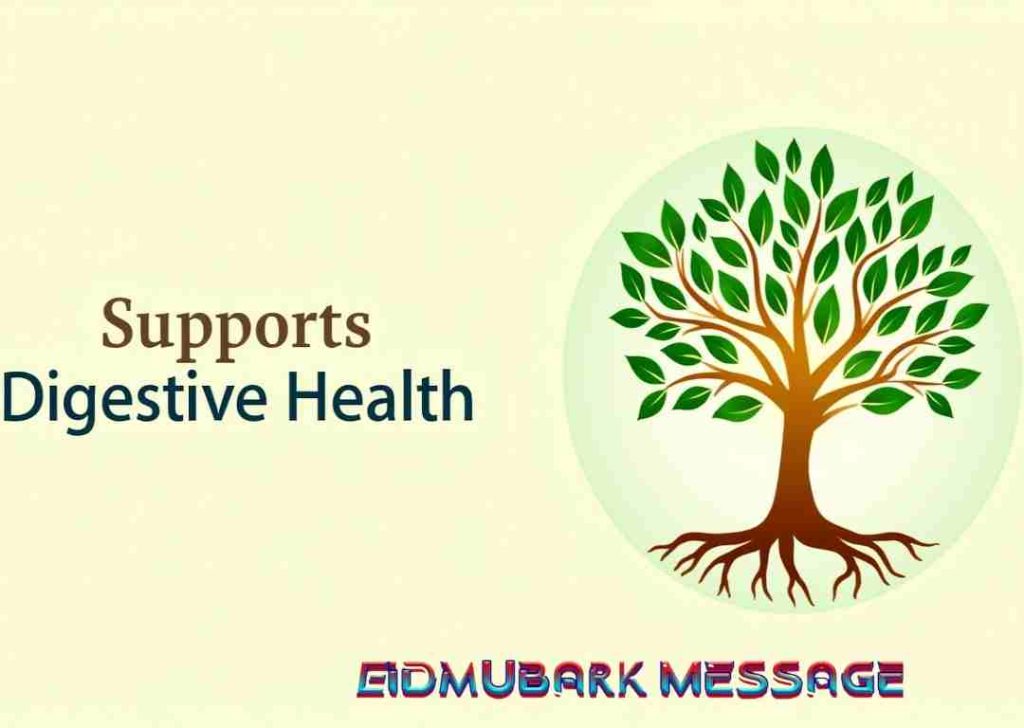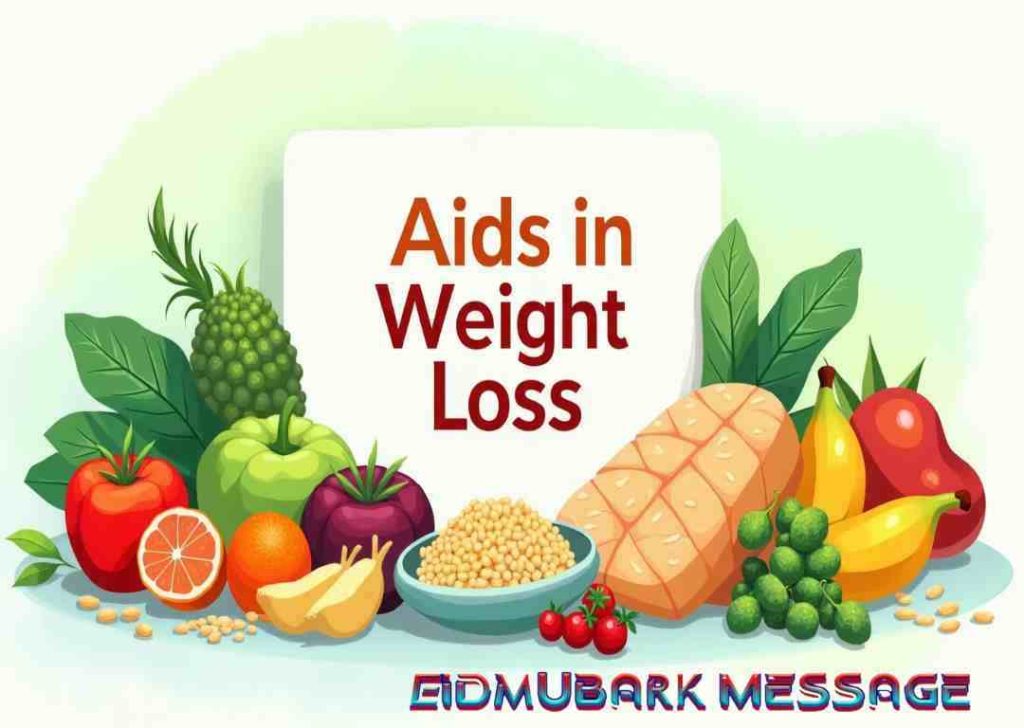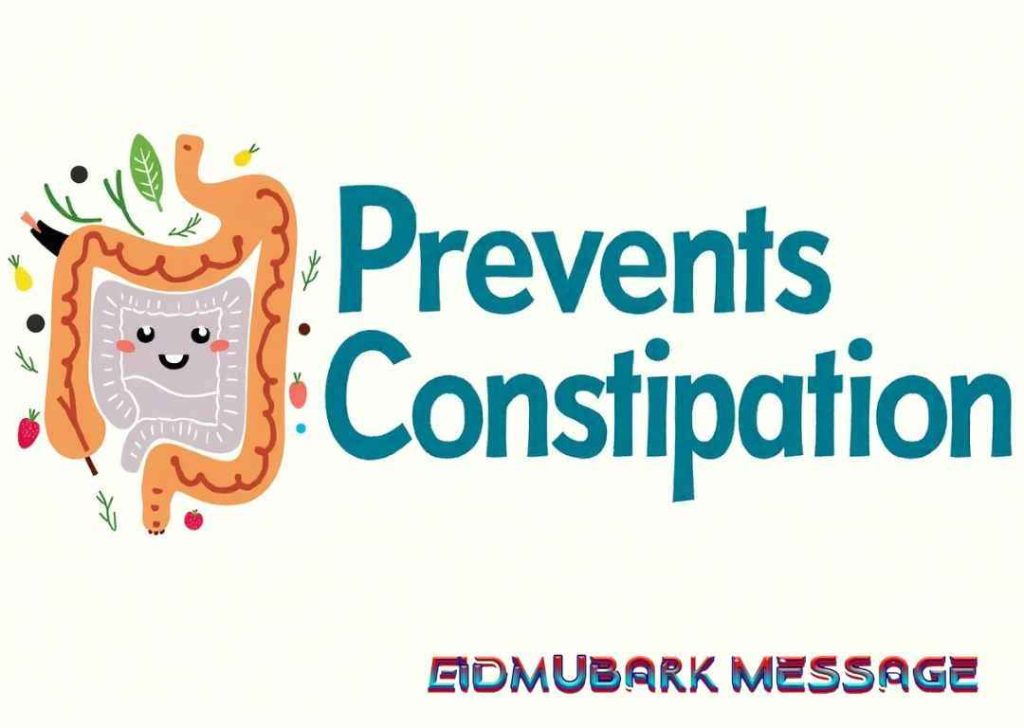Top 10 Amazing Benefits of Eating More Fiber

Fiber might not be the flashiest part of your diet, but it’s a secret weapon for a healthier you. Fiber is essential for enhancing digestion, managing weight, and enhancing overall health. Therefore, let us explore the reasons why it is imperative to prioritize this potent nutrient.Building Your Empire Free Unlimited Hosting with cPanel eating fiber
What is dietary fiber?
Dietary fiber is a form of carbohydrate that is incapable of being digested by the body. Unlike other carbohydrates, fiber doesn’t break down into sugar molecules. Instead, it travels through your digestive system, working its magic along the way.
Dietary Fiber Types
Fiber that is soluble
Soluble fiber dissolves in water to form a gel-like substance. It is present in foods such as apples, oats, and legumes. This type helps lower cholesterol and stabilize blood sugar levels.
Fiber that is insoluble
Water does not dissolve insoluble fiber. Rather, it facilitates the passage of food through the digestive system and adds bulk to the feces. You’ll find it in whole cereals, nuts, and vegetables.
Why Fiber Matters Boosts Digestive Health
Fiber keeps your digestive system functioning. It prevents constipation by adding bulk to your stool and keeps things moving efficiently.
Helps in Weight Management
Struggling to reduce weight? Fiber is your greatest friend. It fills you up, reduces cravings, and helps you consume less overall.
Regulates Blood Sugar Levels
For persons with diabetes, fiber is a game-changer. It delays sugar absorption, keeping blood sugar levels stable.
Top 10 Healthy Snacks Ideas for Teens to Boost Energy and Nutrition
Top 10 Benefits of Eating More Fiber
1. Supports Digestive Health

Fiber maintains your digestive tract in top shape, preventing issues like constipation and bloating.
2. Aids in Weight Loss
High-fiber foods are filling, making it easier to adhere to your calorie goals.

3. Lowers Cholesterol Levels
Fiber helps flush out excess cholesterol, reducing the risk of heart disease.
4. Regulates Blood Sugar
By slowing sugar absorption, fiber helps manage diabetes and reduces blood sugar surges.
5. Promotes Heart Health
Eating more fiber lowers blood pressure and inflammation, keeping your heart robust.
6. Supports Gut Microbiome
Fiber is sustenance for your gut bacteria. A healthy microbiome improves immunity and digestion.
7. Prevents Constipation

Regular bowel movements are a breeze when fiber is part of your daily regimen.
8. Enhances Nutrient Absorption
Fiber helps your body assimilate essential vitamins and minerals more effectively.
9. Reduces Risk of Certain Cancers
Studies indicate that a fiber-rich diet may lower the risk of colon and breast cancer.
10. Improves Longevity

People who consume more fiber tend to live longer, healthier lives.
How to Incorporate More Fiber into Your Diet
High-Fiber Foods to Add
- Fruits: Berries, apples, and citrus
- Vegetables: Broccoli, carrots, and verdant greens
- Whole Grains: Brown rice, quinoa, and oats
Tips for Success
Start slow and consume plenty of water. Gradually increasing your fiber intake helps your body acclimate.
Common Myths About Fiber
Myth 1: Fiber is Only for Digestion
Fiber does much more than assist digestion; it supports heart health, weight loss, and more.
Myth 2: Too Much Fiber is Harmful
While excess fiber can cause transitory discomfort, moderate increases are perfectly safe.
Conclusion
Incorporating more fiber into your diet is one of the simplest methods to boost your health. From improving digestion to supporting heart health and beyond, the benefits are too excellent to ignore. So, why wait? Start adding fiber to your meals today.
FAQs
What are the finest high-fiber foods?
Fruits, vegetables, whole cereals, nuts, and seeds are excellent sources.
How much fiber should I consume daily?
Women need about 25 grams, while men should strive for 38 grams per day.
Can fiber assist with weight loss?
Absolutely! Fiber keeps you satiated longer, reducing overall calorie intake.
What happens if I consume too much fiber?
You might experience bloating or dyspepsia. Drink water and adjust your intake progressively.
Is fiber beneficial for heart health?
Yes, fiber lowers cholesterol and reduces the risk of heart disease.






